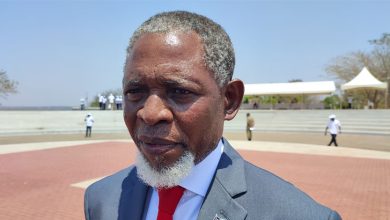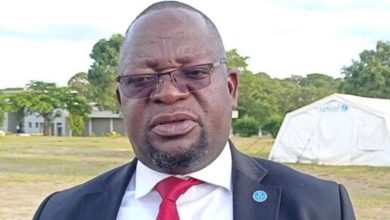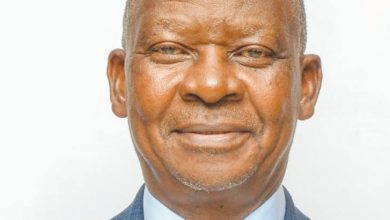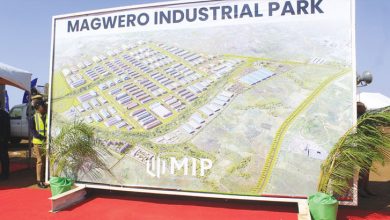Icam urges govt to widen tax-free band
The Institute of Charted Accountants in Malawi (Icam) has asked government to consider increasing further the tax-free bracket for employees from the current K100 000 to K150 000.
Speaking yesterday in Blantyre at the start of the 2024/25 Pre-Budget Consultation Meetings by the Ministry of Finance and Economic Affairs, Icam chief executive officer Noel Zigowa said the revision of pay as you earn (Paye) tax-free threshold could help cushion low-income earners who are grappling with the cost of living crisis.
He said: “With the recent [44 percent] devaluation of the kwacha, there has been a big shift in terms of cost of living, as such, the tax element takes a big catch.
“We have to consider the cost of living so that the public should still have spending power that was taken away following the devaluation.”
Icam has also proposed that workers earning between K150 000 and K650 000 should be taxed at 25 percent while those earning between K650 001 and K2.2 million should be taxed at 30 percent and those earning in excess of K3 million should be taxed at 35 percent.

This is a deviation from the tax schedule announced in the 2023/24 National Budget Statement and came into effect on April 1 last year. The schedule maintained the zero-rated tax band at K100 000, but revised other tax brackets with incomes between K100 001 and K330 000 taxed at 25 percent.
Under the schedule, workers earning between K330 001 and K3 million are subjected to 30 percent tax while those earning between K3 million and K6 million are taxed at 35 percent and those above K6 million are taxed 40 percent.
This was a revision from the Paye brackets in which those earning between K100 000 and K1 million were taxed at 25 percent, 30 percent was levied on those earning between K1 million and K3 million while those earning above K6 million were being taxed at 40 percent.
At that time, government justified the move, saying it was meant to improve the progressivity of the Paye system and also ensure that government continues to collect realistic revenues from the tax line.
Meanwhile, to broaden the tax net, Zigowa urged Treasury to bring all small and medium enterprises into the tax net and enforce taxation on informal businesses by implementing simplified tax regimes or enhancing presumptive taxation for small-scale enterprises.
Meanwhile, the cost of living has become a growing concern, impacting citizens in the country largely due to the 44 percent devaluation of the kwacha effected in November last year that helped the country to clinch the International Monetary Fund four-year Extended Credit Facility worth $175 million (about K297 billion).
For instance, in November last year, the average cost of living increased by about nine percent to K433 793, according to data compiled by Centre for Social Concern (CfSC).
The previous month, the average cost of living for an average family of six in urban and peri-urban areas was estimated at K397 134 while the year before, such a family needed K327 606 to afford basic needs.
Consumers Association of Malawi executive director John Kapito said in an interview yesterday that the devaluation of the kwacha “raised new economic disorder that is hard to predict”.
“The weakening of the kwacha by 44 percent has brought in other serious economic triggers like fuel and electricity that have exacerbated sharp [price] increases on inflation,” he said.
Minister of Finance and Economic Affairs Simplex Chithyola Banda yesterday said the budget remains an important tool in fostering economic prosperity and eradicating poverty, especially in times like these when the economy is experiencing various challenges.




